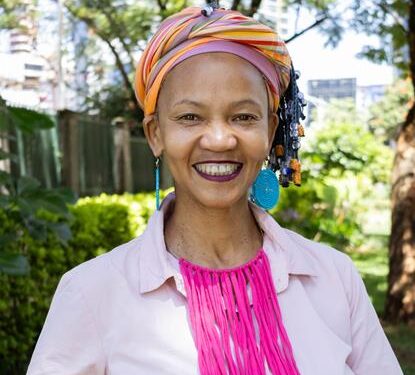By Lebohang Liepollo Pheko
Lebohang is an activist scholar, public intellectual, political economist, senior leader, and decolonial Afrikan feminist theoretician whose technical expertise has taken her to 52 countries.
Her work focuses on Afrikan nationhood, international trade, regional integration, globalisation, and the coloniality of power. Rooted in intersectional analyses of race, class, and gender, her work interrogates Afrika’s place in the global power matrix.
Lebohang says: “The era of unilateral economic pressure and political posturing is over. The US approach to global diplomacy – often framed through coercive trade measures, conditional aid, and policy dictates – undermines the very principles of partnership and mutual growth”.
“When the US attempts to punish South Africa for exercising independent foreign policy or pursuing multipolar alliances, it inadvertently harms its own strategic interests. Those interests include access to critical minerals, a relationship with one of the most industrialised and interconnected economies on the continent and access to Africa’s youth market.
“Should US firms withdraw from South Africa under pressure from Washington, they risk losing access to a $400 billion regional market. Meanwhile, South Africa – and the broader continent – has alternatives. The rise of BRICS, South-South cooperation, and localised industrial policies signal that Africa is no longer beholden to a single global power.”










